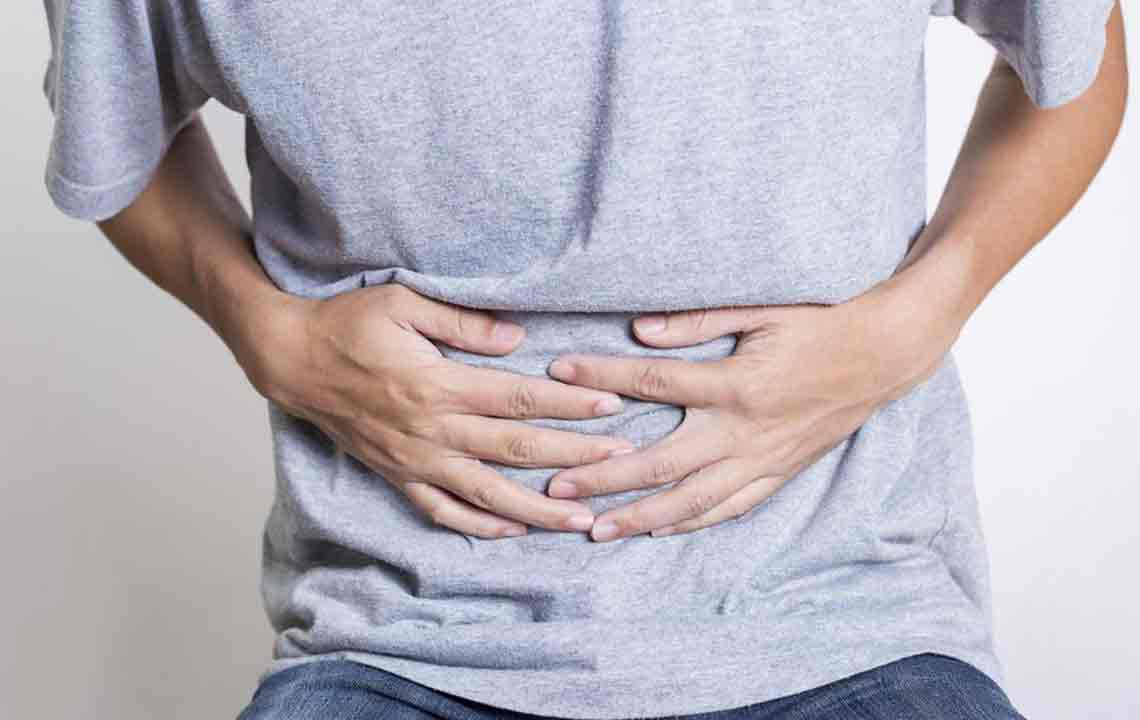Comprehensive Guide to Diarrhea: Causes, Symptoms, and Effective Prevention Methods
This comprehensive article explores the causes, symptoms, and prevention strategies for diarrhea, a common digestive health issue affecting millions worldwide. It emphasizes the importance of proper nutrition, hygiene, and timely medical care to manage and prevent episodes effectively. Learn how to recognize warning signs and adopt lifestyle habits that support gut health and reduce risk factors associated with diarrhea. Ideal for anyone seeking to understand this health condition and ways to maintain a healthy digestive system.

Understanding Diarrhea: Causes, Symptoms, and Prevention Strategies
Diarrhea remains one of the most common health concerns affecting millions worldwide. It is a condition characterized by the frequent passage of watery, loose stools that can vary in severity from temporary discomfort to an emergency requiring urgent medical attention. Annually, nearly two billion individuals experience episodes of diarrhea, making it a global health burden with significant implications for public health systems. Understanding the underlying causes, recognizing the symptoms, and adopting effective prevention strategies are essential steps to reducing the impact of this ailment.
Diarrhea can be caused by various factors, including infections, chronic gastrointestinal diseases, dietary choices, and medication side effects. While in many cases, diarrhea resolves on its own, persistent or severe cases can lead to dehydration, electrolyte imbalance, and other serious complications if not managed properly. This comprehensive guide delves into the primary causes of diarrhea, the common symptoms to watch for, and practical prevention methods that can help maintain digestive health and reduce the risk of episodes.
Major Causes of Diarrhea
Identifying the root cause of diarrhea is crucial for effective management and treatment. The primary causes include:
Gastrointestinal infections: Bacterial, viral, and parasitic infections are among the most common culprits. Pathogens such as Salmonella, Shigella, Campylobacter, and Escherichia coli (E. coli) frequently cause acute diarrhea, especially after consuming contaminated food or water. Viral infections, notably norovirus and rotavirus, are also significant contributors, particularly in children and institutional settings.
Chronic inflammatory bowel conditions: Autoimmune diseases such as ulcerative colitis and Crohn’s disease cause ongoing inflammation of the digestive tract, leading to chronic diarrhea, often accompanied by abdominal pain, weight loss, and fatigue.
Malabsorption syndromes: Conditions like celiac disease hinder the intestine's ability to absorb nutrients properly, resulting in diarrhea, malnutrition, and other systemic issues.
Prolonged infections and travel-related illnesses: Traveling to regions with poor sanitation increases the risk of infections from contaminated food and water. Antibiotic use can disrupt gut flora, leading to overgrowth of harmful bacteria or fungi, which can in turn cause diarrhea.
Medicinal side effects: Several medications, especially antibiotics, antacids containing magnesium, and certain chemotherapy drugs, are known to induce diarrhea as a side effect.
Hormonal and metabolic disorders: Conditions such as carcinoid tumors, Addison’s disease, and hyperthyroidism often disrupt normal gastrointestinal function, leading to increased motility and diarrhea.
Neoplastic processes: Gastrointestinal cancers, including colon and stomach cancers, may produce neoplastic diarrhea as a symptom, often accompanied by other systemic signs.
Recognizing the Symptoms of Diarrhea
Symptoms of diarrhea can vary in intensity but typically include the following:
Frequent, watery, and loose stools
Abdominal cramps and discomfort
Presence of blood or mucus in stool
Fever, chills, or generalized malaise
Nausea, vomiting, and bloating
Urgent need to pass stool, sometimes accompanied by incontinence
Signs of dehydration such as dry mouth, dizziness, and decreased urine output
Prevention Strategies for Diarrhea
Preventing diarrhea involves adopting healthy lifestyle and dietary habits that support digestive health. Here are proven strategies:
Eat easily digestible foods: Incorporate a bland diet consisting of mashed bananas, plain boiled white rice, peeled boiled potatoes, and oatmeal. These foods are gentle on the intestines and help firm up stool consistency.
Consume probiotics: Yogurt and other probiotic-rich foods replenish beneficial gut bacteria, aiding digestion and restoring gut flora after illness or antibiotic use.
Maintain proper hydration: Drink plenty of fluids, such as water, oral rehydration solutions, and broths, especially during episodes of diarrhea to prevent dehydration.
Avoid irritant foods: Steer clear of spicy, greasy, and fried foods, as well as high-sugar and caffeinated beverages like coffee, tea, and chocolates, which can aggravate symptoms.
Practice good hygiene: Regular handwashing with soap and clean water is vital, particularly after using the restroom and before eating or preparing food.
Ensure food safety: Properly cook meats, wash fruits and vegetables thoroughly, and avoid consuming raw or undercooked seafood and meats from unreliable sources.
Limit medication risks: Use antibiotics only under medical supervision to prevent unnecessary disruption of gut flora and minimize side effects.
When to Seek Medical Attention
While mild diarrhea often resolves spontaneously, certain signs warrant immediate medical intervention. You should consult a healthcare professional if:
Infants under the age of 1 with six or more episodes of diarrhea or three episodes of vomiting within 24 hours.
Persistent diarrhea lasting more than two days in adults.
Signs of dehydration such as dizziness, dry mouth, decreased urine output, or extreme thirst.
Blood in stools, black or tarry stools indicating bleeding.
High fever exceeding 102°F (39°C) or severe abdominal pain.
Unexplained weight loss, fatigue, or symptoms of systemic illness.
Diarrhea following recent surgery or as a result of ongoing treatments.
Prompt medical attention ensures proper diagnosis, treatment, and management to prevent complications and improve recovery prospects.





